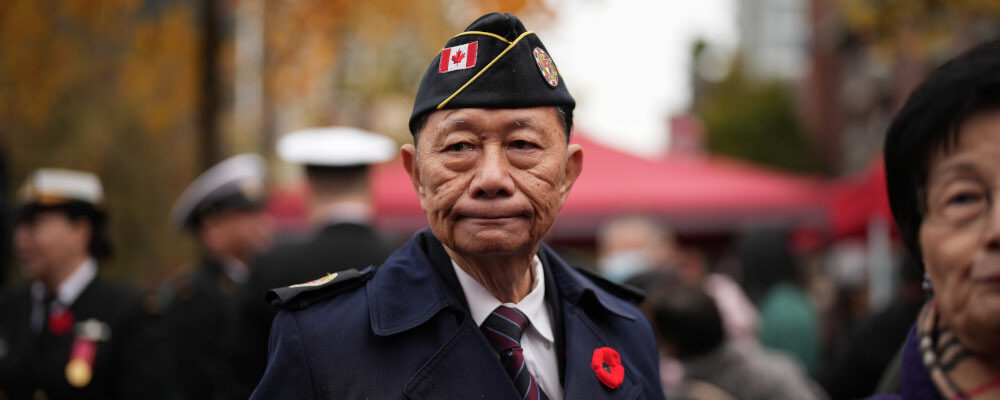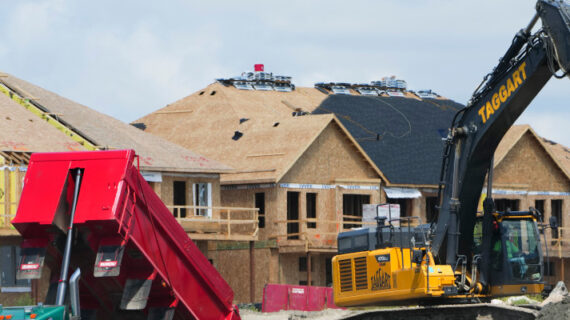China’s foreign interference in Canadian democracy has been the hot topic these past few weeks. The Conservatives and Bloc Québécois are demanding a public inquiry to investigate how the last two federal elections were compromised and who in the government knew what and when.
This is not just a federal issue, either. In Ontario, the Progressive Conservative government has faced its own backlash, with allegations that PC MPP Vincent Ke served as a financial intermediary for the Chinese Communist Party (CCP) Toronto-area network.1Former MPP Ke has denied the allegations and has since resigned from the PC caucus.
Canadians have strong feelings on the matter. A recent Angus Reid Institute poll finds that a plurality (40 percent) of Canadians now view China as a potential threat to Canadian interests, while over a quarter (26 percent) say that the Canadian government should proceed cautiously with Beijing. Only 12 percent of Canadians are favourable towards China.
While the coverage of this story has been extensive and shows no signs of slowing down, one major element has been under-discussed in this affair: the impact on the Asian diaspora and other diaspora communities as a whole.
Here in Canada, we love commending ourselves for having a pluralistic, open, and inclusive society where people from many parts of the world can live together peacefully and in harmony. Where diversity, famously, is our strength.
While I tend to agree with the premise, how does that shake out in practice? What’s the use of praising ourselves when government officials do not listen to diaspora communities when they are being harmed?
That has been the case in this current scandal, where warnings from the Chinese diaspora of potential foreign interference were not taken seriously. In fact, members of the community reported the issue of Chinese foreign interference as early as 2006. Instead, the Canadian political establishment, both Liberal and Conservative governments, mostly ignored them.
Because of the severity of the scandal, there have finally been talks of officially setting up a publicly-available foreign influence registry, as outlined by Senate Bill S-237. This bill would require individuals or organizations that have ties with foreign governments to be officially registered, especially in the case where they seek to contact Canadian public officials. It would fall in line with what other allies have done, particularly in the U.S. and Australia.
Many are apprehensive of this bill. There have been growing concerns that a foreign influence registry would be used to further incite anti-Asian sentiment in Canada, which has been prevalent in recent years. Over the course of the 2020 COVID-19 pandemic, there has been a 47 percent increase in racist incidents against the Asian community, according to a Chinese Canadian National Council Toronto Chapter and Project 1907 survey.
I am sympathetic to these concerns. Racism and xenophobia in times of crisis are not new here in Canada, and can at times be reflected by a political establishment. In fact, sadly, I have been on the other side of such treatment. Being half-Iraqi, I have experienced racist and xenophobic sentiments over the years following America’s invasion of Iraq 20 years ago, despite Canada not officially joining the war.2On a personal note, many claimed that my family were Saddam Hussein lovers, told us to go back where we came from, and mocked us by gleefully telling us that our families back home were currently getting bombed. Little did they realize, my family, like so many others, were actually victims of Saddam Hussein’s regime. His reign was the reason why my father came to Canada as a political refugee in the late 1980s and why I even exist in the first place.
But why did these sentiments persist? The answer is in large part because there was little to no national discussion on how these difficult situations impacted our communities, nor did the political establishment of the day care to hear our experiences or insights. And this didn’t just happen to my community. Ask any diaspora community and they’ll have similar stories.

Dynamics in diaspora communities are complex. For those of you not part of a diaspora, let me paint a picture. Being a part of a diaspora community in Canada is to be living in two worlds. Not only do we operate on a daily basis within the larger local, regional, and national culture of the country that we immigrated or were born into. But many also retain strong communal connections with their respective diaspora community, either with other fellow community members or by maintaining professional, social, or familial ties back in their countries of origin. The WhatsApp groups that many of our older relatives are a part of are no joke.
Additionally, people within diasporas have complicated relationships among themselves. Social, cultural, or political grievances are often uprooted and replanted in the soil of their new homes.
Diaspora communities are then often stuck between a rock and a hard place. On the one hand, given these ties to their countries of origin, diasporas can be threatened by malicious adversarial actors back from their country of origin. This has often been the case with the CCP targeting members of the Chinese-Canadian community.
On the other hand, entire diaspora communities in Canada get chastised by the larger adoptive community and painted as the malicious actors themselves. As a result, many can feel as though they are living in a no man’s land, alienated by both their home country and their adopted country.
But there is a major upside. Because diasporas live and operate in two worlds and are culturally versed, they can provide the essential knowledge and intelligence that can be used to serve and protect Canada and its interests. Diaspora communities are the ace in Canada’s card deck. Their wealth of knowledge is an underutilized resource that Canada can tap into, if only we would listen.
But instead of being taken seriously, diaspora communities tend to be viewed by larger Canadian society in one of two ways: childlike and ignorant or dangerous and distrustful. By placing us in either category and not factoring us into the conversation, we are not seen as living, breathing communities that impact Canadian society at large. Both our issues and, importantly, our insights are ignored.
Thankfully, these last few weeks may be the wake-up call we need. Diaspora communities from the Canadian Coalition for a Foreign Influence Registry (CCFIR) have called on the federal government to start a foreign influence registry that will serve and protect diaspora community members. Hopefully their calls do not go unheeded. Public Safety Minister Marco Mendicino announced that there will be public consultations on any foreign agent registry to broadly engage with all Canadians, including the Chinese diaspora and other affected communities.
Ultimately, not actively involving diaspora communities in our policymaking not only does a disservice to Canadian democracy, national security, and our institutions, it puts diaspora communities at risk. If a “Canadian is a Canadian is a Canadian,” then those in diaspora communities ready to participate in building this country must be both 1) protected from harmful foreign influence and 2) taken seriously as valuable contributors to our national project.
Would this entire mess have been avoided if prudent care was taken to seriously listen to marginalized members of the Chinese diaspora who were ringing early alarm bells about foreign interference? Maybe, maybe not. But we would be a lot further along in solving this problem than we are right now.




